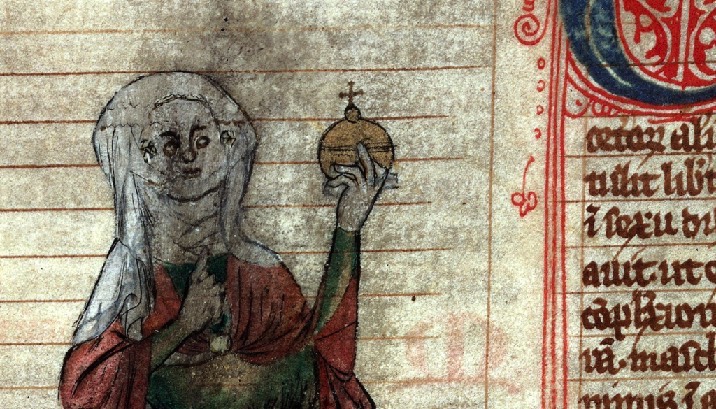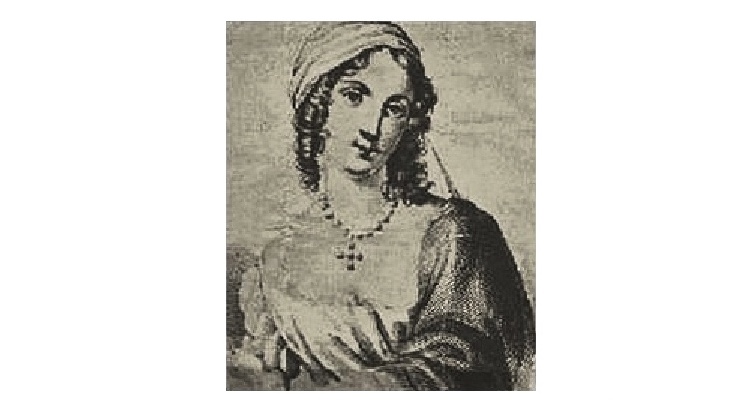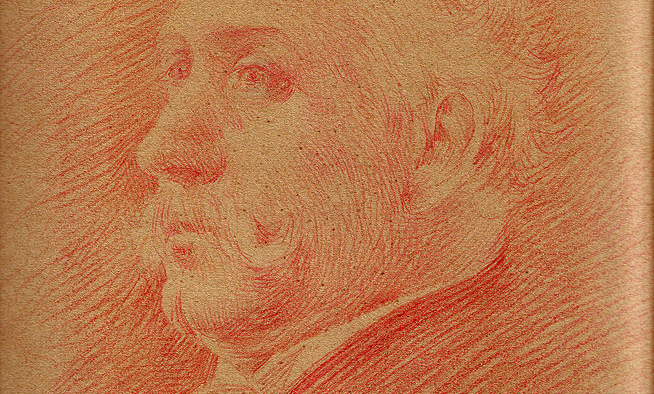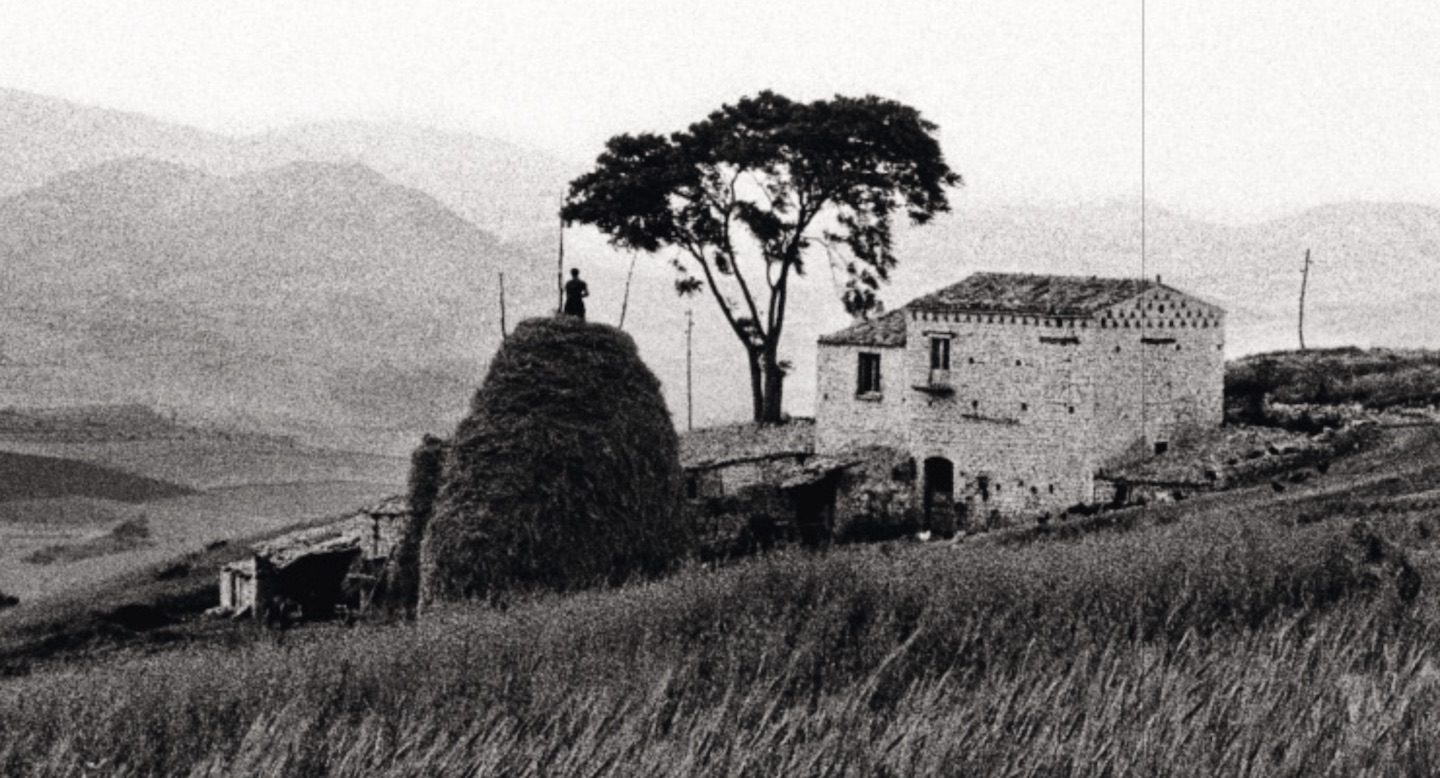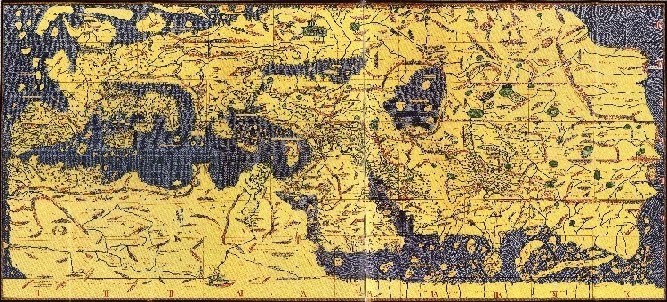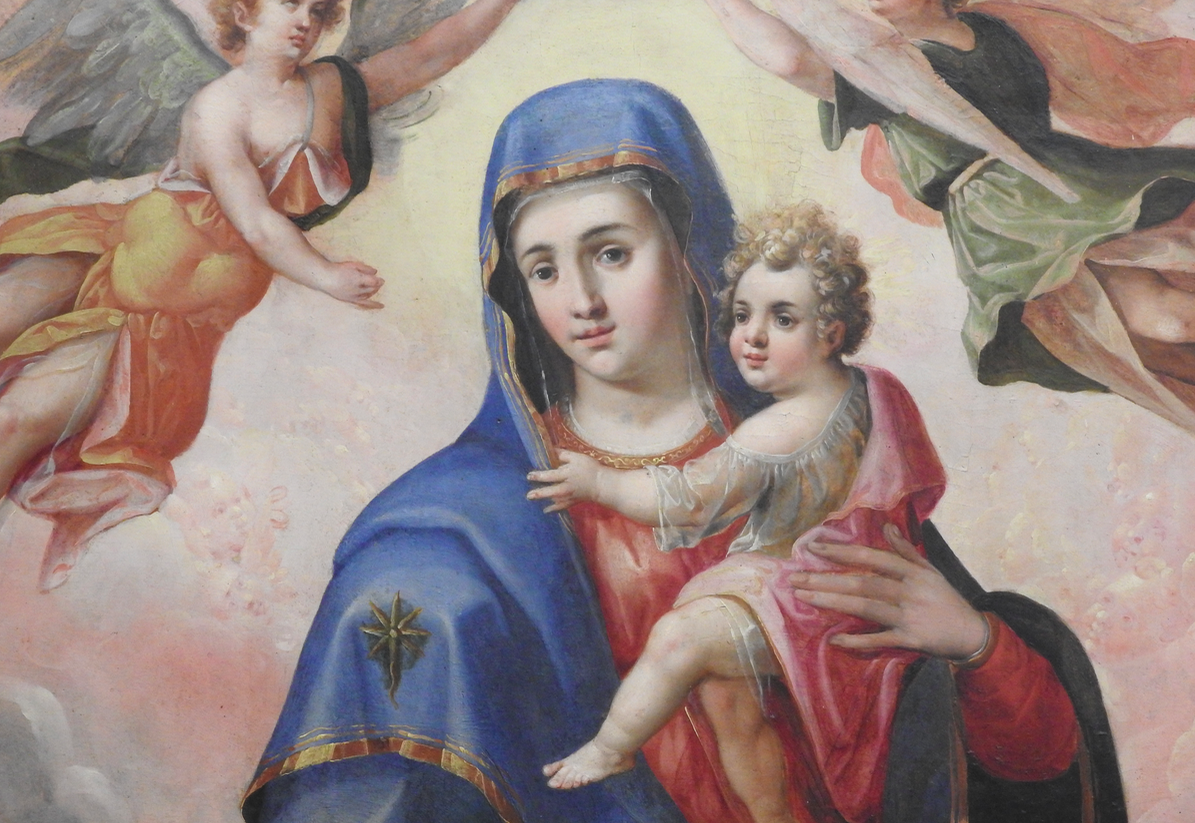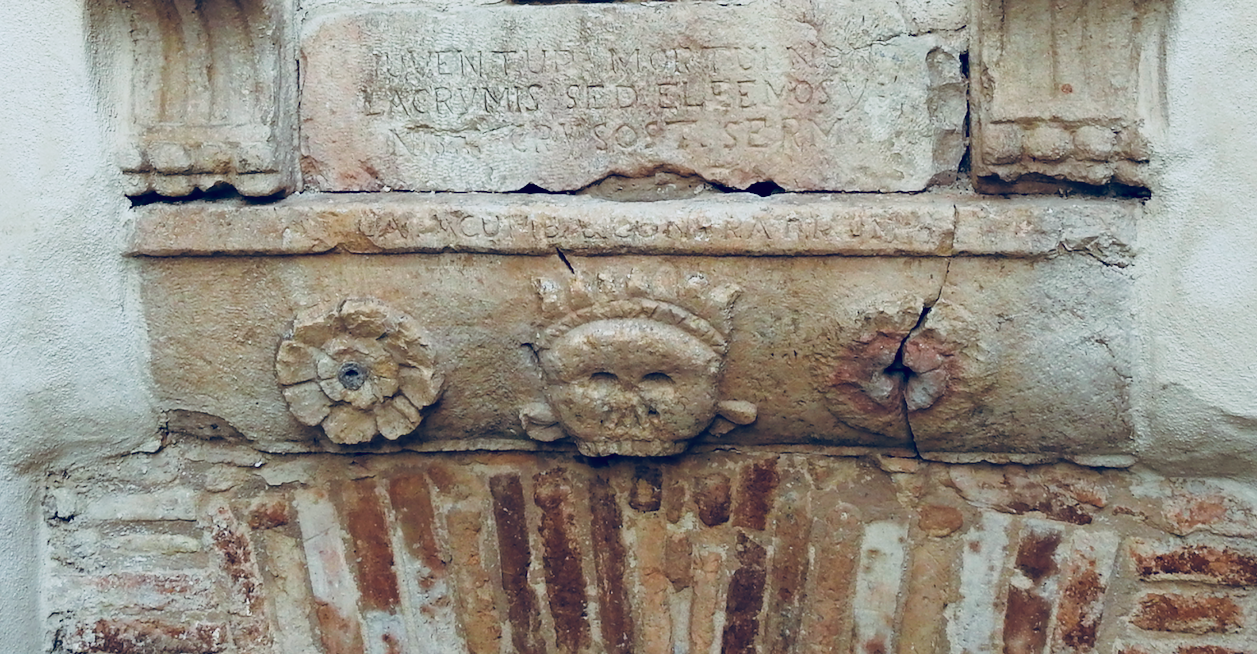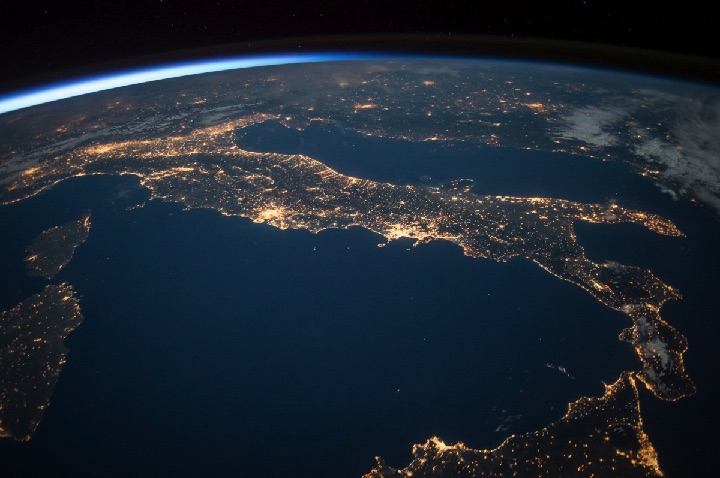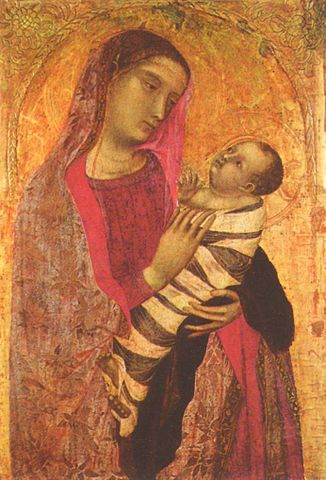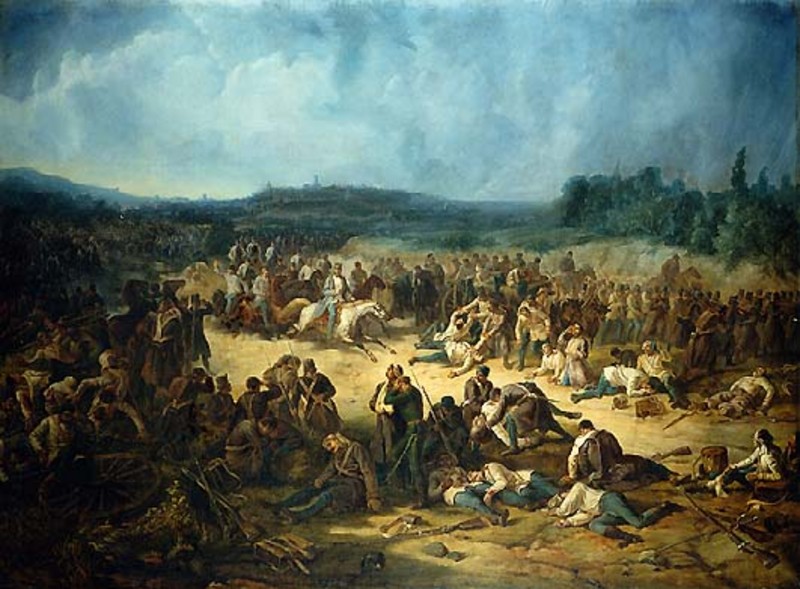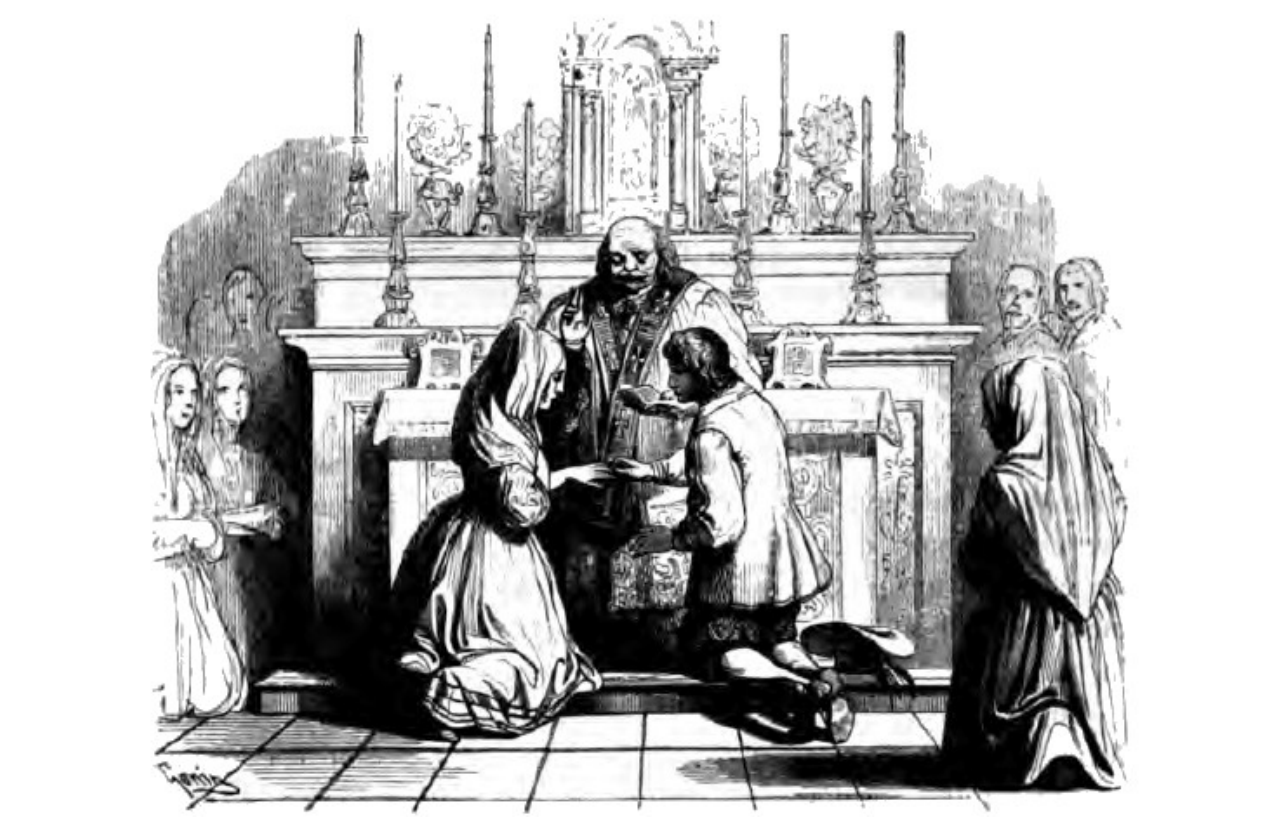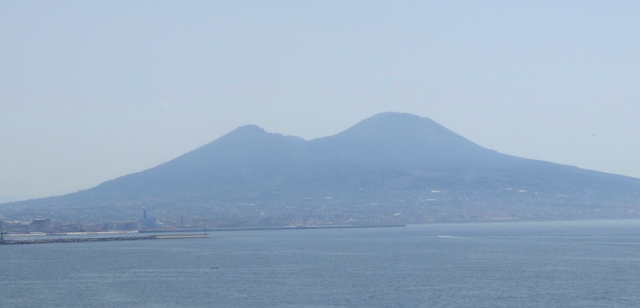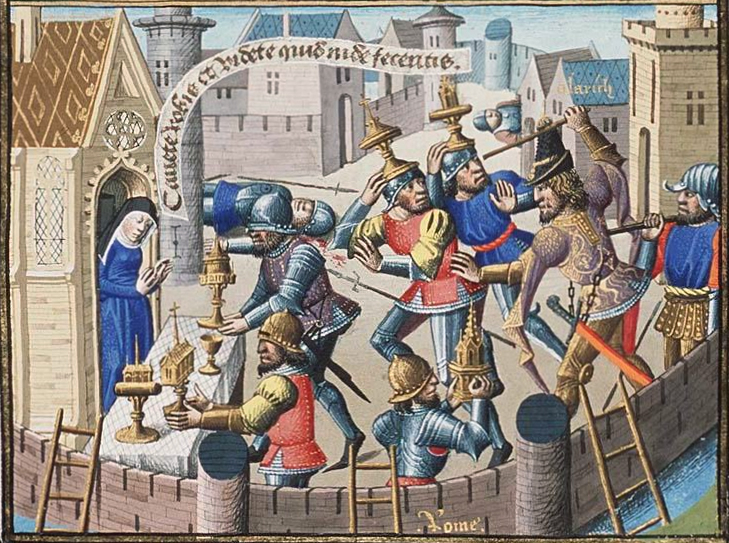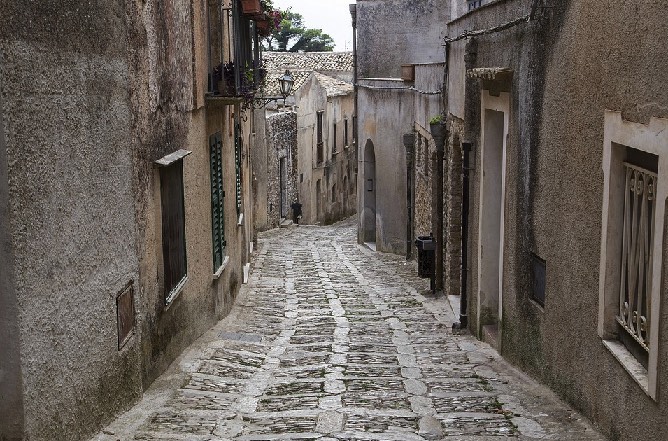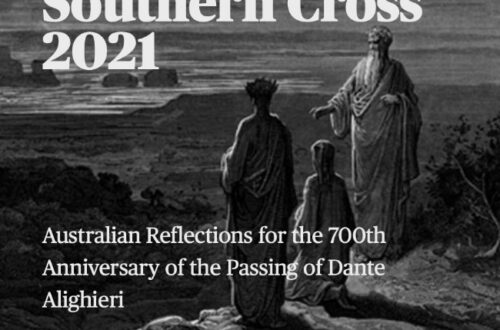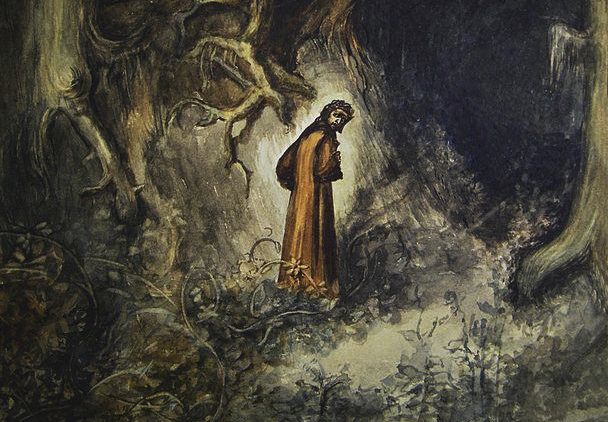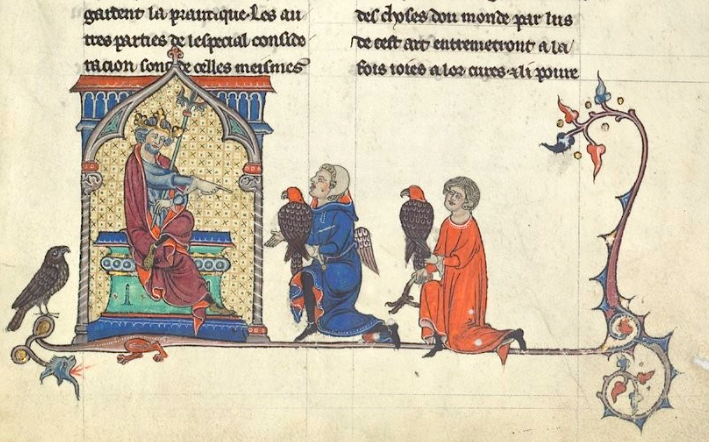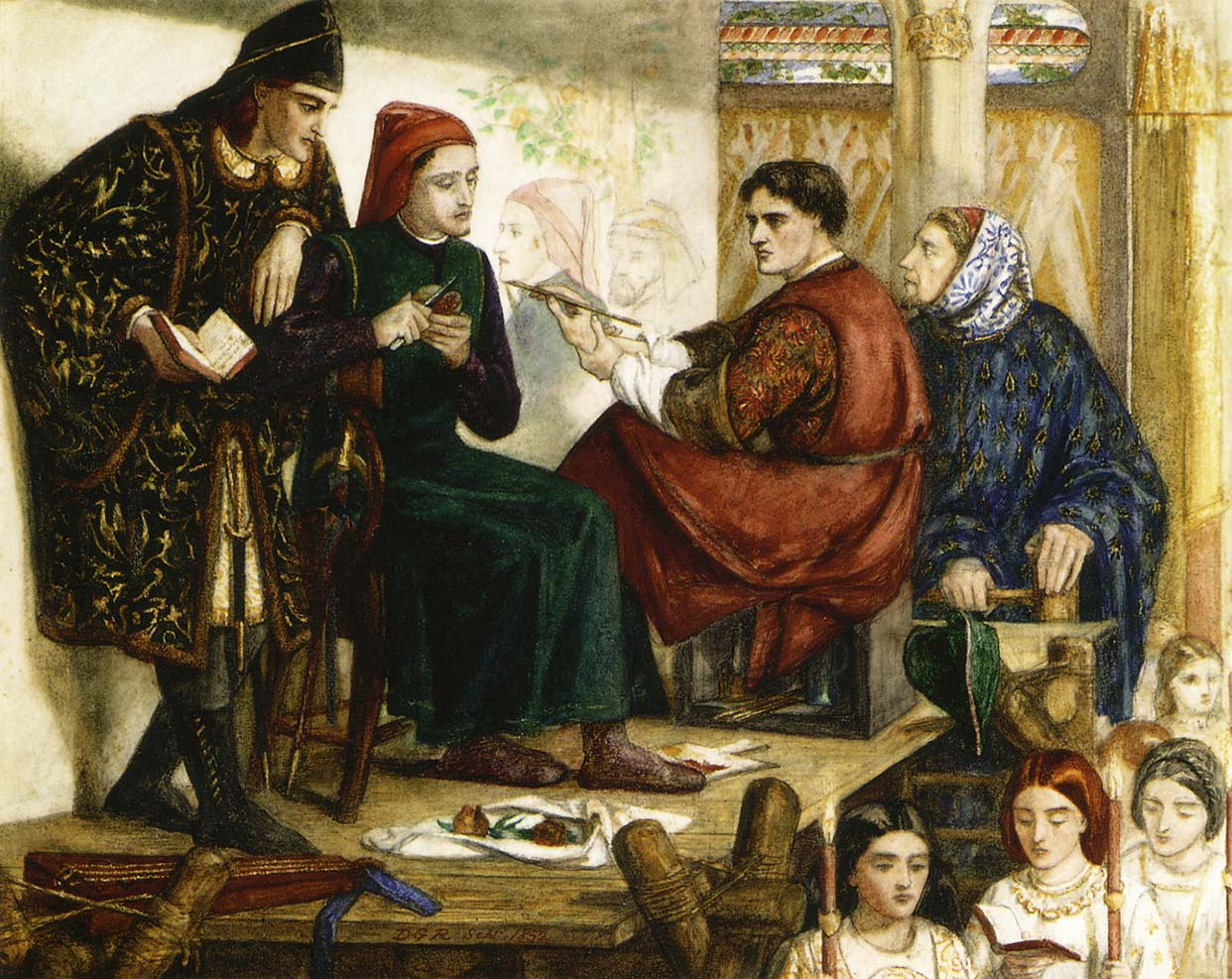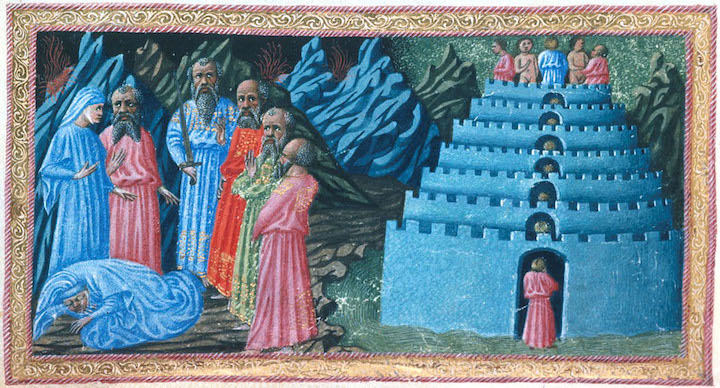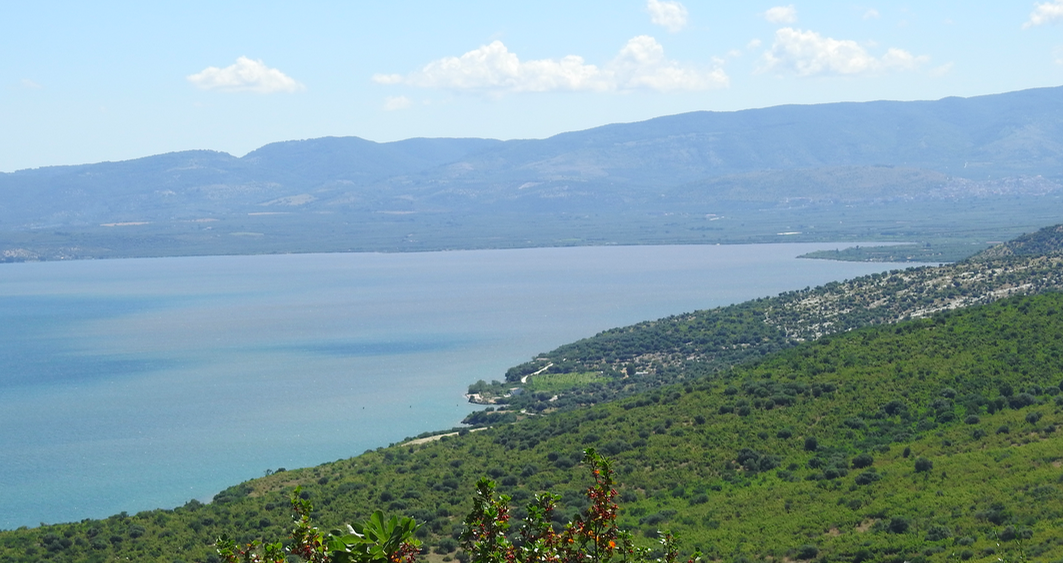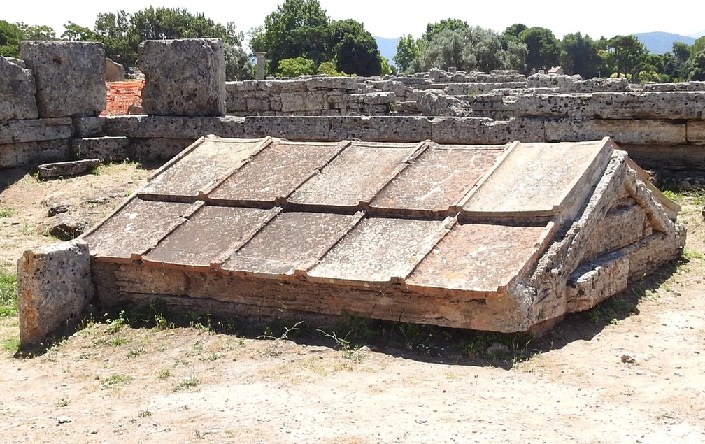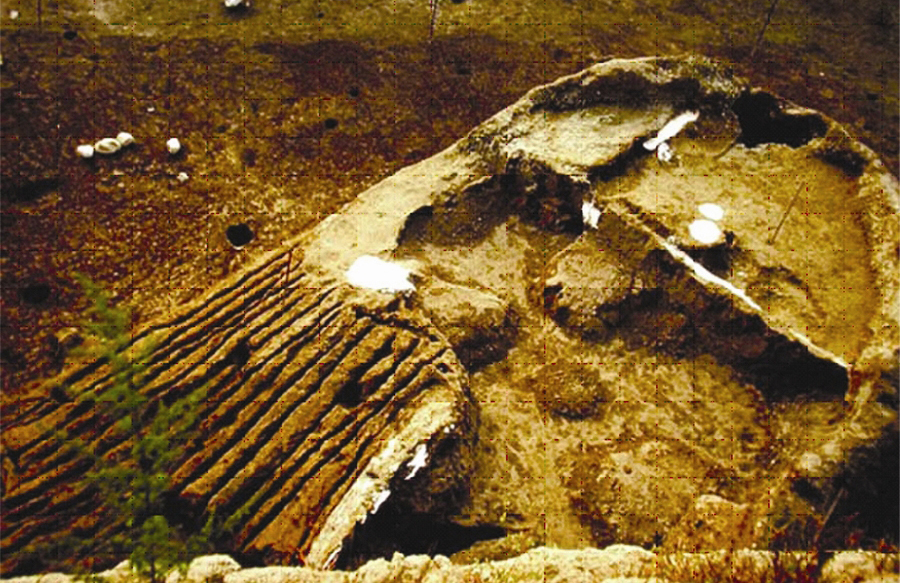-
Doctor Who? Trotula of Salerno
She was a doctor and a master of the art of healing who taught others. She is usually called Trotula, although her true name was Trota or Trocta. For three centuries medical works on the health and treatment of women circulated under her name: “The Trotula”. She has been lauded as among the finest doctors of the European Middle Ages or she has been so forgotten that it has been said that she did not even exist. It was only at the end of the 20th century that her true practice of medicine was recovered. Salerno Trotula lived in Salerno: but the Salerno of Trotula’s time is almost as little known…
-
Sicily’s Medieval Map of the World
It must have been magnificent to see: a vast world map made of pure silver. For three centuries no better map was made. The glittering silver original graced the Palermo court of Roger II, the Italo-Norman King of Sicily and Southern Italy. It was made for him by his scholar geographer friend Muhammad Al Idrisi. The map represented one of the most ambitious scientific undertakings of its day taking more than 15 years to complete. It was imagined by a king famed for his learning at the height of his kingdom’s powers. It took almost 150 kilograms of silver to make and showed the world in 7 climates. To make…
-
Italy’s Day of the Dead
Signora Maria of Castellaneta observes: “… the dead are our brothers, our children, our husbands, our parents… they cannot be monsters”. Her comment captures the essential spirit of Italy’s Day of the Dead in comparison with Halloween. The festival involves children, food, and visiting (and visits from) departed loved ones. Although beyond the scope of this article such “days of the dead” are found around the world, and many involve remembering family members no longer with us. In Australia, the North American tradition of trick or treating children dressed up as ghosts, ghouls and witches is being taken up with enthusiasm. Although Italy has its own “Day of the Dead”, the…
-
Baby Wrapping – Traditional Baby Swaddling in Italy and Beyond
Baby wrapping or traditional baby swaddling is an ancient practice that was once widespread in Italy and much of Europe and the Mediterranean. It was still used in baby care in parts of 1960s Italy. How did this custom of baby wrapping arise? The image above, in which the baby is in a bassinet at a spinner’s feet, involved wrapping a newborn in a long broad strip of cloth that constrained the movement of the baby with its legs straightened out and its arms by its sides. This particular image comes from a 12th century English illustration for the Hunterian Psalter. Swaddling is still used today throughout the world to…
-
“Tutti fratelli”: Solferino, Italy and Humanity’s Wounds
Henri Dunant had come to Italy on business. But when he arrived in northern Italy he instead witnessed the Battle of Solferino. Here the armies of the French and Austro-Hungarian Empires and of the Kingdom of Sardinia were engaged in a great battle to decide who would rule in the Po Valley (a crucial step in the birth of Italy as a country). When Henri Dunant saw the tens of thousands of wounded in the fields after all was over, his heart filled with compassion for his fellow human beings. He organised care for the wounded. Realising the need, he went on to contribute to the founding of the International…
-
Don Paolo: the Making and Unmaking of a Dragon (Il Drago Part 3)
In this third instalment of Il Drago by Luigi Capuana we learn how Don Paolo became “Dragone”. Who is this fearsome old man who chased the children away when they begged in the streets? And took them in, in what all said was a miracle? And how was it that the Dragone was unmade? The Making and Unmaking of Don Paolo Dragone by Luigi Capuana (translation: Michael Curtotti) It had been years and years that the Dragon had lived alone in his tenement, doing all for himself. Two large rooms on the ground floor, and four smoky rooms on the first floor. For one person it would have been more than ample,…
-
The Tomato Conquers Italy
The tomato is central to Italy’s love affair with food. For Italy was conquered by the tomato. It was a slow conquest, but transformed by the tomato, Italian food conquered the world. This story, so little known, is told in full in David Gentiloni’s 2010 book, Pomodoro! A History of the Tomato in Italy. Like all good tales, it has unexpected twists and turns. The Context: A Food Culture Of course Italian food does not live by tomato alone, so we need a little context. The health benefits of the “Mediterranean diet” are often noted and Italian food has been adopted around the world. Food in Italy (as in many parts…
-
Dante and the Invention of the Italian Language
“Italians speak Italian”. It seems obvious. Yet not too long ago neither were there any “Italians” in the way we understand it today; and nor was there a single “Italian” language. It is indeed little known that when the country of Italy did finally come into being in 1861 about 2.5% of her people spoke what we today call Italian. Even up until 1951, less than 20% of Italians used Italian exclusively in their daily life. Indeed, until the most recent generations, Italian was, at best, a second language for most Italians. Their first language was their regional, and often local, language. The Italian National Institute of Statistics reported that…
-
Ancient Italy: The Arrival of Agriculture and the People from the Sea: 6000BC
In ancient times the mountainous spurs of the Apennines ran down Italy’s spine and the Alps were piled at its northern end much as today. But if we had been present in the ancient neolithic we would have seen an Italy which was unlike anything we know today. The coastline would have been somewhat different, although that would not have been the most dramatic difference. Italy was blanketed with forests and this part of the world was wetter than it is today. It is 6000 BC; an era in which people from the sea arrived and brought with them agriculture. Millennia later Vesuvius would erupt. But the arrival of agriculture…
